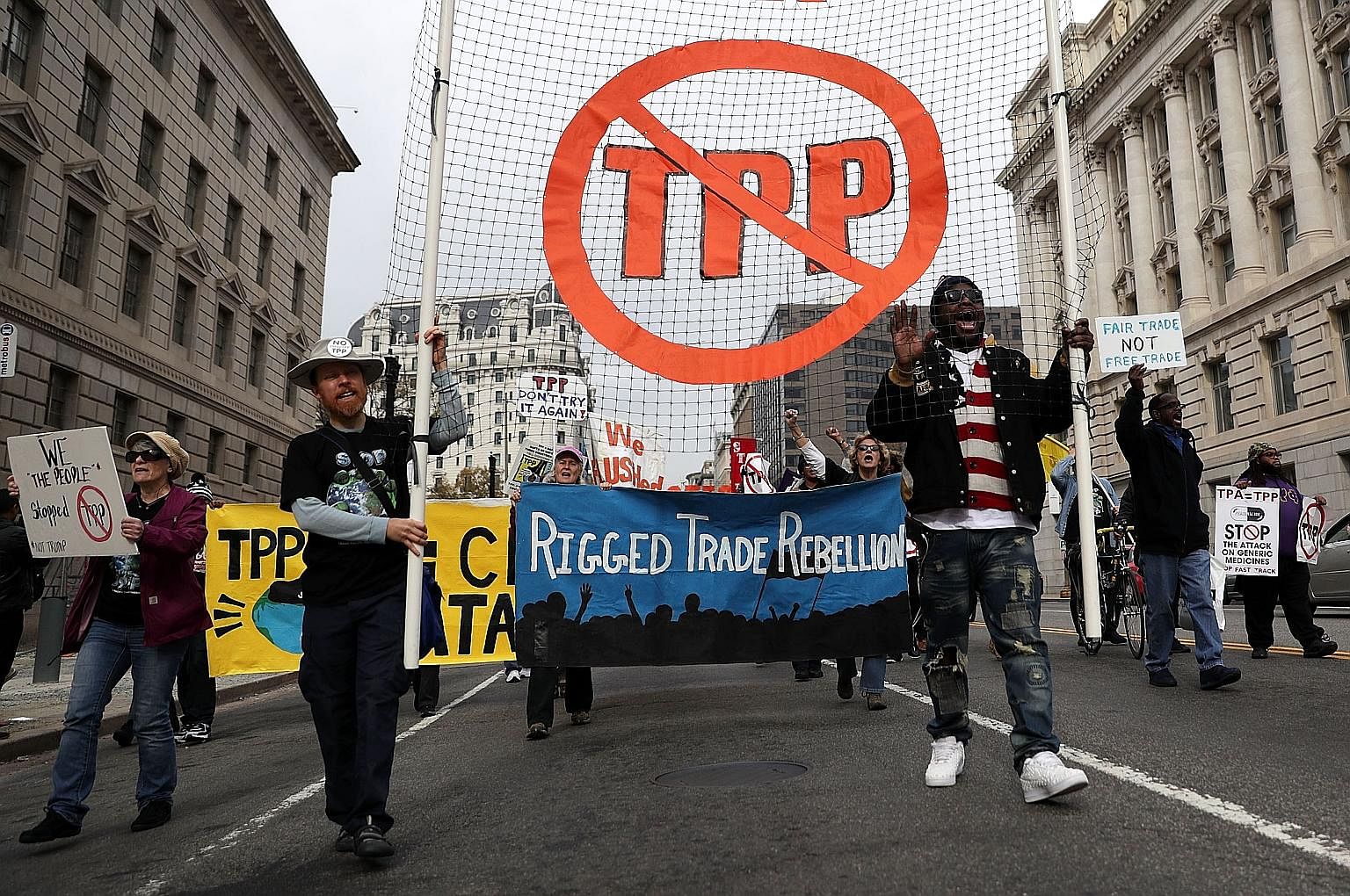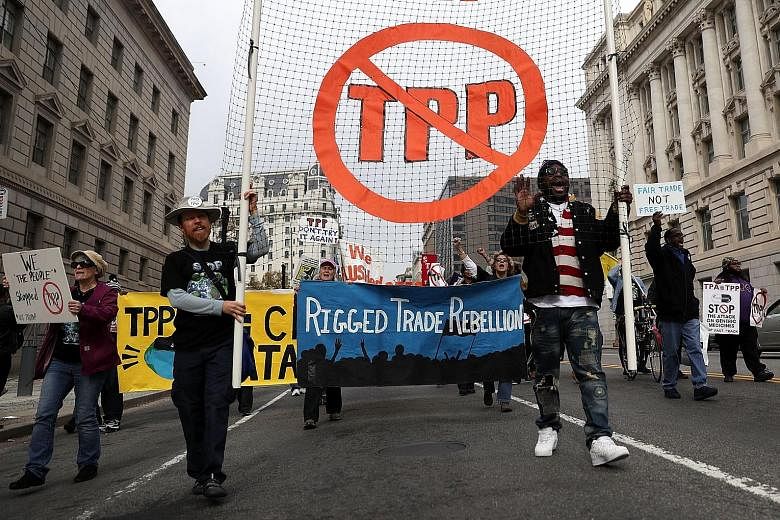I like what the United States is doing now.
Its incoming leaders are setting a tone that re-asserts America's leading role in the world economy. Instead of following convention, they are leading and redefining the conversation.
Convention came from economists and policymakers who focused on the average, ignoring the reality that few people live in the average.
As a result, policies were enacted that led to aggregate gains in the economy, but not all segments shared equally. Indeed, and most troublesome, a good number of people lost income and wealth during this era of economic expansion.
So what do I like about what the US is doing now? I like that the US recognises that the world needs the US more than the US needs the world.
Since the late 19th century, the US was chided for eschewing the rest of the world. The US was the economy large enough to be self-sufficient and did not need extensive international trade and investment to grow.

But quasi-isolationism in the US gave way to economists and policymakers who charted a world of economic gains founded on the liberalisation and expansion of international trade. Without question, stronger links across economies allow businesses to compete, thrive and grow. Economies grow - but not everybody wins.
Who lost? American workers lost.
Words such as these are increasingly chided as populism; a word used to discredit a line of thinking, without engaging in substantive debate or critique. Populism has acquired the same horror and disdain that the term "communism" had in 1950s America.
But like it or not, amidst extremely strong growth, a significant and, until recently, quiet segment of the US population lost: lost economic opportunities, lost careers, lost homes, lost friends. They lost core parts of their lives.
In other countries, meanwhile, growth was profound. China, for example, saw growth of 8 per cent or more for the first decade of this century. Except for the people displaced from their homes by local or provincial officials, nobody lost.
The transition in China was tremendous, moving from a poor agrarian society to a modern manufacturing society in less than a generation. The lives of millions improved spectacularly and they owe a massive debt of gratitude to people in the US who lost their jobs.
Jobs migrated as outsourcing and foreign direct investment moved manufacturing overseas. Paying a high-productivity worker a high wage was less efficient than paying many low-productivity workers low wages. The math would never be clear, but perhaps for each American worker who lost his job, 10 workers in China gained a job.
In aggregate, this is a great achievement. But try to tell that to the worker who saw his or her job disappear overseas.
It was not only jobs, of course; technology and management skills also migrated. China's great manufacturing giants owe their genesis to skills transferred from foreign partners - willingly or unwillingly.
To enter China, foreign firms were mandated to enter into joint ventures. This gave highly motivated, creative and clever Chinese partners windows into the technology and management skills of foreign partners.
Understandably, the Chinese side took full advantage of this situation. A decade ago, when teaching executives and MBA students, I spoke about the challenges and risks for foreign firms of operating in China.
Laws on intellectual property protection were ill-defined and rarely, if ever, enforced. Soon, the Chinese joint-venture partners were competitors, and formidable ones at that. Not surprisingly, the foreign firms lost.
Like the American workers, they lost to Chinese companies which had taken their advantages, adapted them, improved them and then leveraged the Chinese domestic environment to produce more efficiently.
Now China has peaked as a manufacturing giant. Previously favourable demographics that held up the manufacturing boom are now stifling it.
Sole progeny has produced a generation of little princes and princesses who reject work in labour-intense manufacturing. Instead they demand good lives that come from high wages. They want the same high value-added jobs that the US lost over the past two decades.
Now China needs America's help. It needs international trade, it needs international investment and it needs the support of the world economy to continue delivering growth above 6 per cent per year.
Though they will never admit it, Chinese leaders know they have this economic dependence. Moreover, they know their legitimacy as an authoritarian, unforgiving, censorship-ridden leader of the economy stems from their ability to provide peaceful economic growth.
If growth fails and China starts to see its own losers, negative sentiment could rise. In the US, this sentiment triggered a political earthquake in the form of Mr Donald Trump and a Republican sweep of Congress.
For China's political elite, the idea of such negative sentiment leading to a peaceful transition of power is unthinkable.
Finally, it seems that the US understands this dynamic. Finally, it understands the dependence of many developing and transitioning economies on the economic largesse of the US. The cancellation of the Trans-Pacific Partnership (TPP) agreement will not affect the US, but it hurts economies like Malaysia and Vietnam.
The US has a strong bargaining position. The rest of the world needs the US much more than the US needs the rest of the world.
If populism means that the US will use its bargaining power to strike better terms of trade, to better protect its citizens from economic and job loss, to better protect its companies from corporate theft in the development of equitable competition, then please call me a populist.
I will proudly wear this label, as we walk into an exciting new world of international economic relations.
•Professor Andrew Delios is head of the Department of Strategy & Policy at the National University of Singapore Business School.

